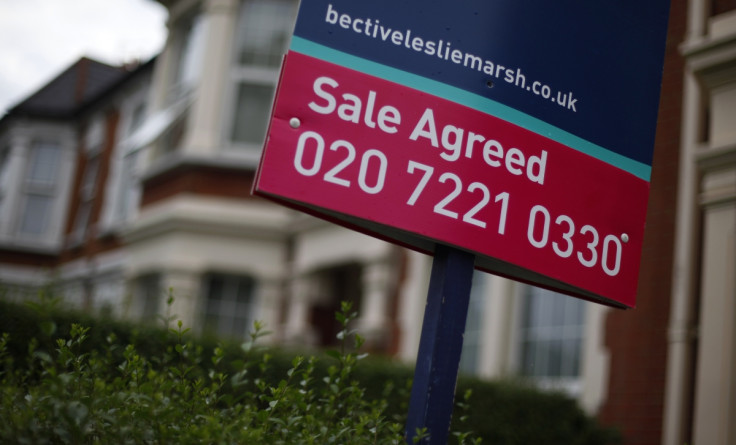Bank of Mum and Dad exacerbates inequality in the property market
Percentage of first-time buyers who turn to their parents for financial help reaches all-time high of 34%.

Growing inequality in Britain's property market is being exacerbated by the number of first-time buyers who rely on loans from their parents to pay for their deposits, a new study has found.
A report published by the government-backed Social Mobility Commission found the percentage of first-time buyers looking for help from the so-called "bank of mum and dad" reached an-all time high of 34%, compared to 20% in 2010.
The research, which utilised data from the University of Cambridge and Anglia Ruskin University and the English Housing Survey, also found 12% of first-time buyers used a "gift or loan" to purchase a property, while 10% used inherited wealth.
Those who receive a loan or cash from their parents can, on average, purchase a property 2.6 years earlier than those who do not, with the figure rising to 4.6 years in London.
Paul Sanderson, the main author of the report and a senior lecturer at Anglia Ruskin and University of Cambridge fellow, warned only "better-off" young people would consider purchasing a property, mainly as they were the only ones who could afford it.
"It is further embedding social immobility into the housing market," he said.
"Obviously it's down to affordability, increasing housing prices and incomes staying static compared to inflation."
Meanwhile, the percentage of people aged between 25 and 29 who have already taken their first step on the property ladder has slumped to 31%, compared with 63% in 1990.
"Home ownership helps unlock high levels of social mobility but it is in freefall among young families," said the former Labour MP Alan Milburn, the chair of the commission.
"Owning a home is becoming a distant dream for millions of young people on low incomes who do not have the luxury of relying on the bank of mum and dad to give them a foot up on the housing ladder. The way the housing market is operating is exacerbating inequality and impeding social mobility."
In what will come as a stark warning for the property market, the report found that should the economy suffer a slowdown, the percentage of first-time buyers relying on help from their parents could soar to 40% by 2029.
In turn, that could put more pressure on the rental market. The number of people living in rented accommodation doubled since the turn of the millennium and the Government has already moved to implement a series of tougher regulations for landlords.
"It is welcome that the Government recognises the growing problem people face in getting on the housing ladder," said Milburn.
"A major national effort is needed to expand opportunities for home ownership and will require more radical action on housing supply."
© Copyright IBTimes 2024. All rights reserved.






